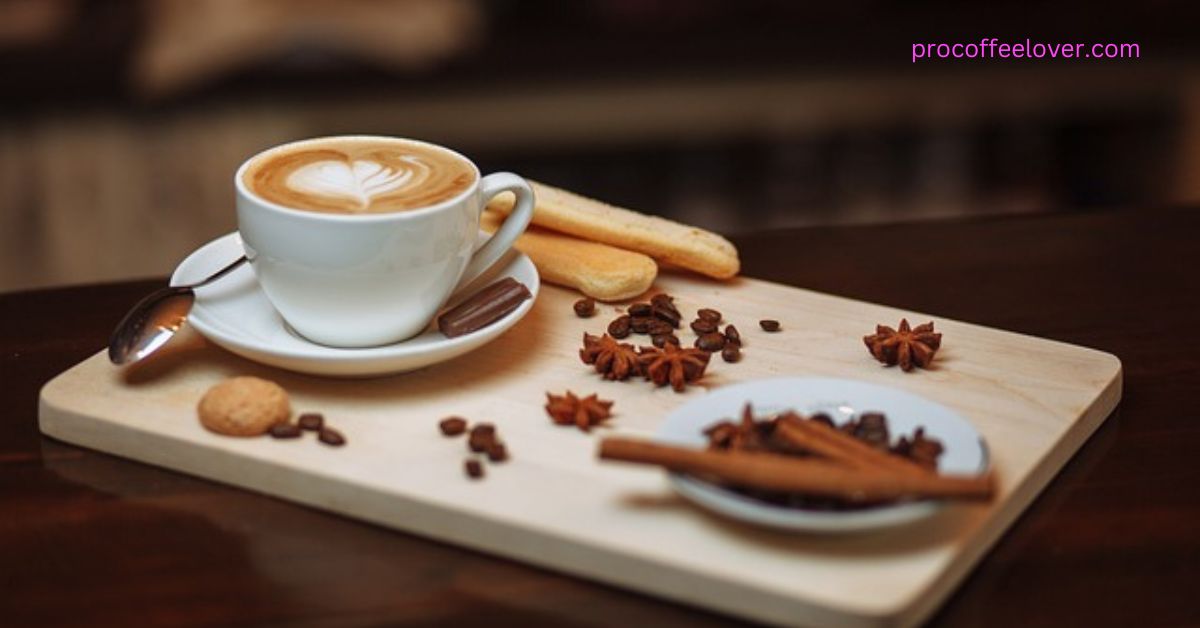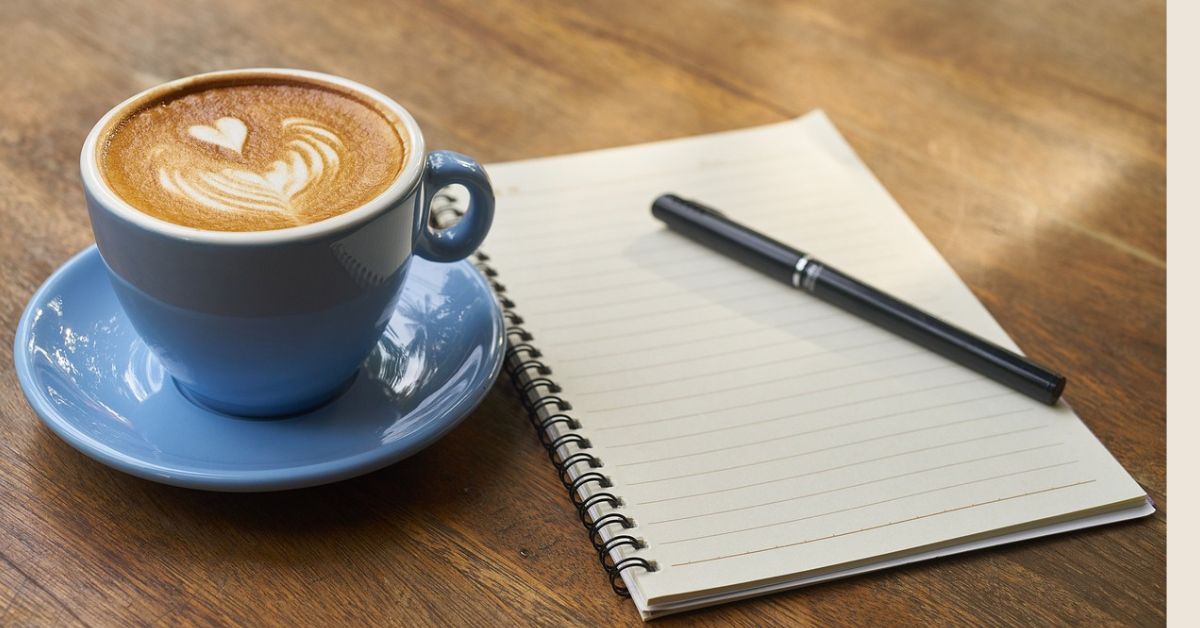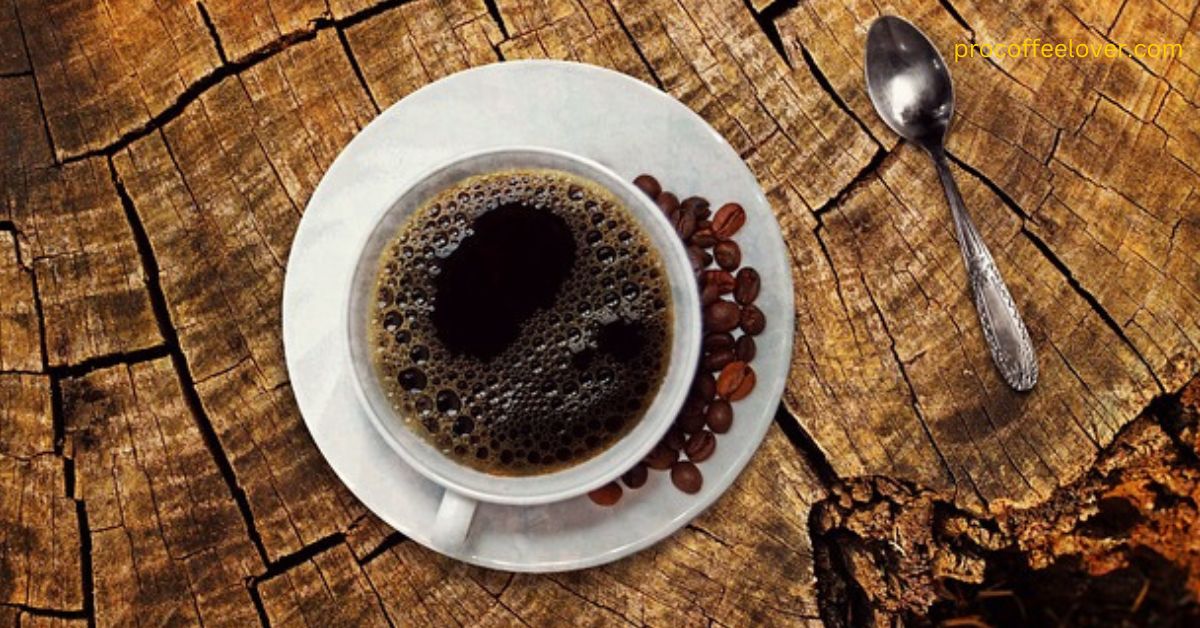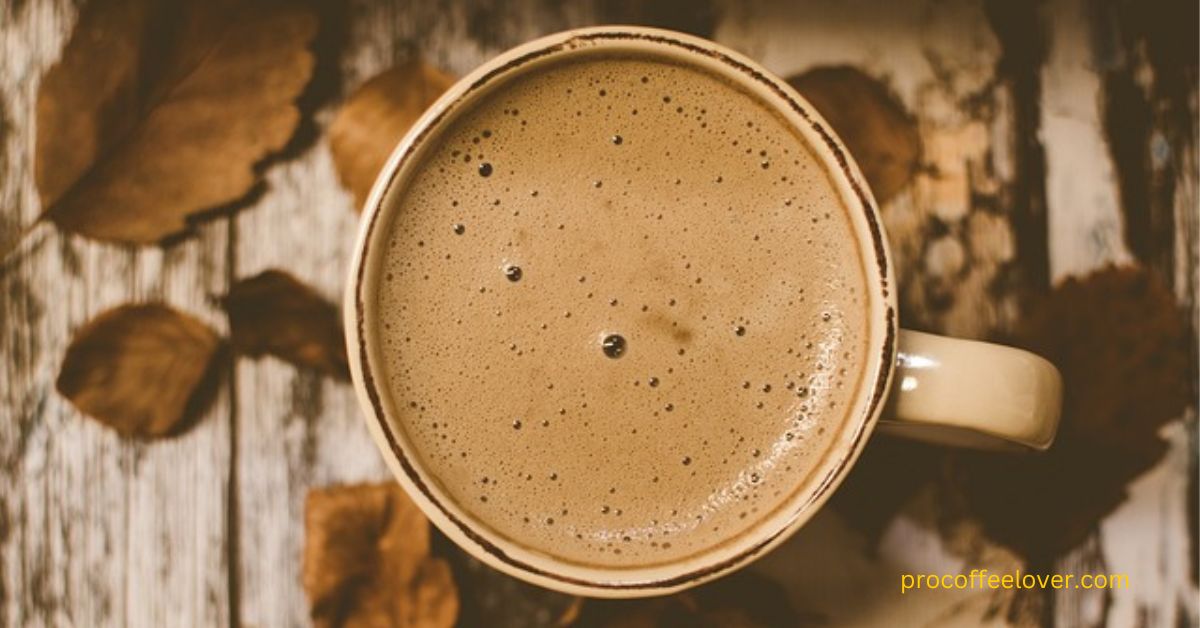Today we will discuss: Can i drink coffee while talking spironolactone?.Spironolactone is a common prescription medication used to treat several conditions related to fluid retention and high blood pressure. It acts as a diuretic, or “water pill,” that helps the body rid itself of excess fluid and sodium. This makes it helpful for reducing swelling in conditions like liver disease, heart failure, and kidney disease.
Spironolactone is also frequently prescribed for women with acne to help suppress androgen hormone levels. At the same time, coffee is one of the world’s most widely consumed caffeinated beverages. Many people rely on their daily coffee fix to perk them up. This raises questions about whether drinking coffee while on spironolactone treatment is safe.
How Do Spironolactone And Caffeine Work In The Body?

Knowing how each works independently in the body is essential to understanding if these two substances can be safely used together.
Mechanism Of Action Of Spironolactone
Spironolactone is a potassium-sparing diuretic that works primarily by blocking aldosterone receptors in the body. Aldosterone is a hormone that regulates salt and water balance. It causes the kidneys to retain water and sodium.
Spironolactone inhibits the effects of aldosterone, thereby working as a diuretic and increasing urine output.Spironolactone effectively lowers blood pressure by promoting the loss of water and salt from the body.
It reduces fluid retention and swelling in conditions like liver cirrhosis, nephrotic syndrome, ascites, heart failure and hypertension. The reduced fluid in the blood vessels also helps ease the strain on the heart.
Besides fluid regulation, spironolactone is also used for its anti-androgen effects. It blocks androgen receptors and suppresses the actions of testosterone and DHT. This makes it helpful in treating hormonal acne and hair loss in women with polycystic ovary syndrome (PCOS).
Mechanism Of Action Of Caffeine
Caffeine is a central nervous system stimulant belonging to the methyl xanthine class of drugs. Naturally found in over 60 plants, caffeine blocks adenosine receptors in the brain. Adenosine is a neurotransmitter that promotes sleep and suppresses activity in the central nervous system.
By inhibiting adenosine receptors, caffeine reduces fatigue and drowsiness. It stimulates neural activity in the brain, leading to increased alertness, improved mood and concentration, faster reactions and elevated blood pressure.
Caffeine also enhances thermogenesis, causing a slight increase in resting metabolic rate. Caffeine further acts as a mild diuretic by increasing blood flow to the kidneys and enhancing urine output. The diuretic effect is much weaker compared to medications like spironolactone, though.
Also,see more about how much caffeine in Folgers instant coffee.
Potential Effects Of Combining Spironolactone And Caffeine
Since spironolactone and caffeine affect the body’s cardiovascular system and fluid balance, concurrent use may lead to interactive or compound-specific actions. Some potential effects of using caffeine while on spironolactone treatment include:
Increased Urinary Output:
One of the most common effects of taking caffeine and spironolactone together is a significant increase in urination and possibly dehydration. This is because both substances have diuretic effects that can get additive when combined.
The caffeine in coffee can enhance the diuretic action of spironolactone, leading to excessive fluid loss through urine. Also, see more about What Makes A Poor Guy Drink Coffee?.
Changes In Blood Pressure:

Spironolactone helps lower blood pressure in conditions like hypertension and heart failure. However, caffeine has the opposite effect of elevating blood pressure. Consuming too much caffeine from sources like coffee, energy drinks, or tea can counteract the BP-lowering action of spironolactone in some individuals. Those prone to caffeine-induced hypertension may notice spikes in BP measurements.
Rapid Heartbeat:
Similarly, caffeine increases heart rate, whereas spironolactone is often prescribed for people with heart conditions like cardiomyopathy, which can get exacerbated by rapid heartbeat. The stimulant effect of coffee may counter the therapeutic effects of the medication.
Drug Interaction:
Some evidence also indicates caffeine may interfere with the absorption and efficacy of diuretic drugs, including spironolactone. Caffeine has been found to limit certain diuretics’ bioavailability and peak concentration. A diminished diuretic response may necessitate dosage adjustments.
Recommendations For Coffee Intake With Spironolactone

Most medical experts consider moderate caffeine intake to be safe for the majority of patients on spironolactone treatment. However, excessive caffeine consumption can trigger adverse health effects. Some general recommendations include:
- Limit total caffeine to 200–300 mg daily, equating to about 2-3 cups of brewed coffee. The average 8-ounce cup of coffee contains around 95 mg of caffeine.
- Opt for decaffeinated coffee to increase your intake beyond 2–3 cups daily. Decaf has 2–15 mg of caffeine.
- Avoid caffeine-loaded specialty coffees like Venti Starbucks, which can pack over 400 mg of caffeine.
- Stay hydrated by drinking adequate water, juices, or herbal teas to compensate for fluid losses from increased urination. Dehydration exacerbates all side effects.
- Avoid caffeinated sodas, energy drinks, chocolates, and medications as additional sources of caffeine.
- Monitor your blood pressure, heart rate, and fluid retention symptoms carefully. Report any irregular readings or concerning symptoms to your doctor promptly.
- Consult your doctor about specific caffeine limits suitable for your age, health status, medical history, and how you metabolize caffeine.
- Follow dosage recommendations and scheduling instructions for spironolactone carefully for optimal therapeutic benefits.
- Inform your doctor about all supplements and medications you take, including coffee consumption, so that they can watch for potential interactions.
Not exceeding 2–3 caffeinated cups within 24 hours is best. However, even smaller amounts may trigger problems in caffeine-sensitive individuals. Those with hypertension, arrhythmias, anxiety disorders, and osteoporosis must be extra cautious with caffeine when using diuretics like spironolactone.
Tips For Drinking Coffee Safely While Taking Spironolactone
For those who enjoy their regular coffee fix, having to take spironolactone is a significant lifestyle change. However, with some adjustments to coffee habits and caffeine intake, it may be possible to work coffee into your routine while on spironolactone treatment.
- Firstly, stick to small or moderate-sized coffees when getting your fix from cafes or coffee shops. Opting for the 12 oz size instead of the larger 16 oz or 20 oz options can help keep excess caffeine in check. If you make coffee at home, use a smaller cup size to limit servings.
- Secondly, choose single-shot espresso drinks rather than double shots. An ounce of espresso contains approximately 40–75 mg of caffeine, versus 95 mg in a cup of drip coffee. A single-shot latte or cappuccino can allow you to drink coffee while minimizing caffeine.
- Thirdly, experiment with varying coffee strengths and ratios of coffee to milk or creamer. One strategy is to use half decaf and half regular beans to brew a milder cup, and adding more milk, cream, or water to coffee cuts down on caffeine concentration per cup.
- Fourthly, pay attention to coffee varieties and brewing methods. Light roasts tend to be higher in caffeine than darker roasts. Cold brew and drip coffee tend to be higher in caffeine than lattes and cappuccinos.
Finally, ensure your coffee intake is well separated from your spironolactone dose for optimal effects. And remain diligent about staying hydrated with water throughout the day to avoid dehydration. With some care and discretion in coffee consumption, indulging moderately in this popular beverage while following spironolactone treatment should be possible.
Can I Drink Coffee While Taking Spironolactone?(FAQ)
Is It Safe To drink Coffee Every Day While On Spironolactone?
Drinking 1 to 2 cups of coffee daily is generally safe while taking spironolactone. Limiting caffeine intake to 200–300 mg daily from all sources is recommended, as excess caffeine can worsen side effects like dehydration and rapid heartbeat. Those who are very sensitive to caffeine may need further restrictions.
Can I Drink Coffee After Taking My Dose Of spironolactone?
Yes, you can drink coffee after taking your spironolactone dose. To get the full diuretic benefit, waiting at least 1-2 hours after taking the medication before having coffee is ideal. Spacing out the two avoids excessive urination effects.
Is Decaf Coffee Safe With Spironolactone?
Decaf coffee has very little caffeine, so it’s considered safe to drink in moderation while on spironolactone. Decaf still contains 2–15 mg of caffeine versus 95mg in regular coffee. Those watching caffeine intake can switch to decaf for more servings per day.
Can spironolactone and coffee together cause insomnia?
Yes, spironolactone and coffee have stimulant effects that can worsen insomnia in some people. Consuming coffee too close to bedtime can keep you awake. It’s best to avoid caffeine six hours before bedtime and take a spironolactone dose in the morning or early afternoon.
Should I Avoid Coffee Altogether While On Spironolactone?
Total avoidance is unnecessary unless your doctor advises you to stop coffee due to a pre-existing heart condition or adrenal disease. Most adults can safely consume up to 200mg of caffeine daily from coffee, provided they stay hydrated and monitor
Conclusion
Finally, we learned, Can I drink coffee while talking spironolactone?. In most cases, it is considered reasonably safe for people on spironolactone treatment to enjoy a moderate intake of coffee, provided the caffeine dosage remains under 250mg per day.
However, excess caffeine, whether from coffee, energy drinks, or tablets, can undermine the medication’s effects and lead to unwelcome symptoms like dehydration, rapid heart rate, and fluctuations in blood pressure.
Limiting caffeine, staying hydrated, and carefully monitoring health responses when using spironolactone is prudent. Patients should consult their doctor to tailor caffeine intake to their individual health status and response.
With some care and vigilance, it may be possible to safely enjoy an occasional cup of coffee while on spironolactone treatment. However, restraint with caffeine is advisable, especially for those with pre-existing cardiovascular conditions.
